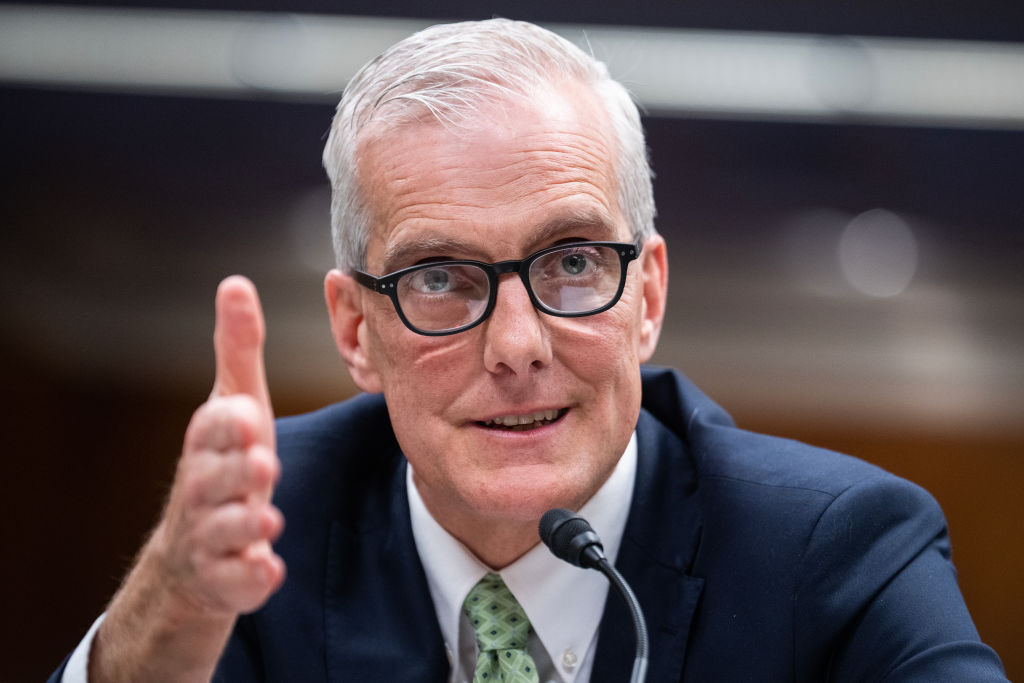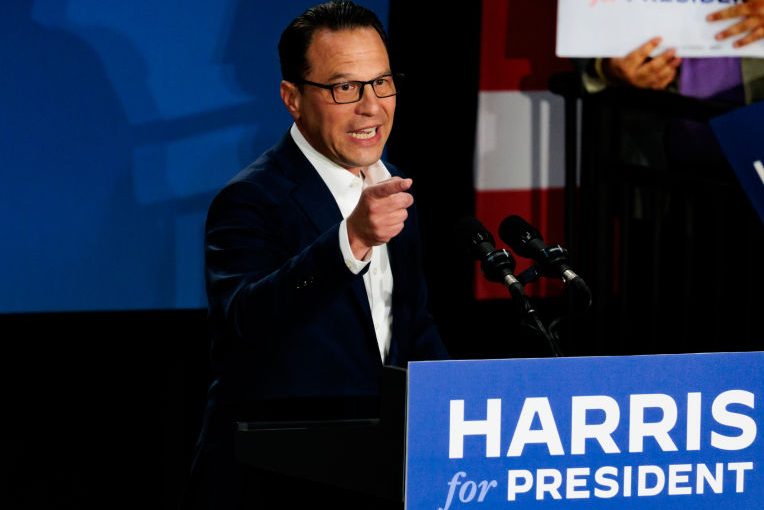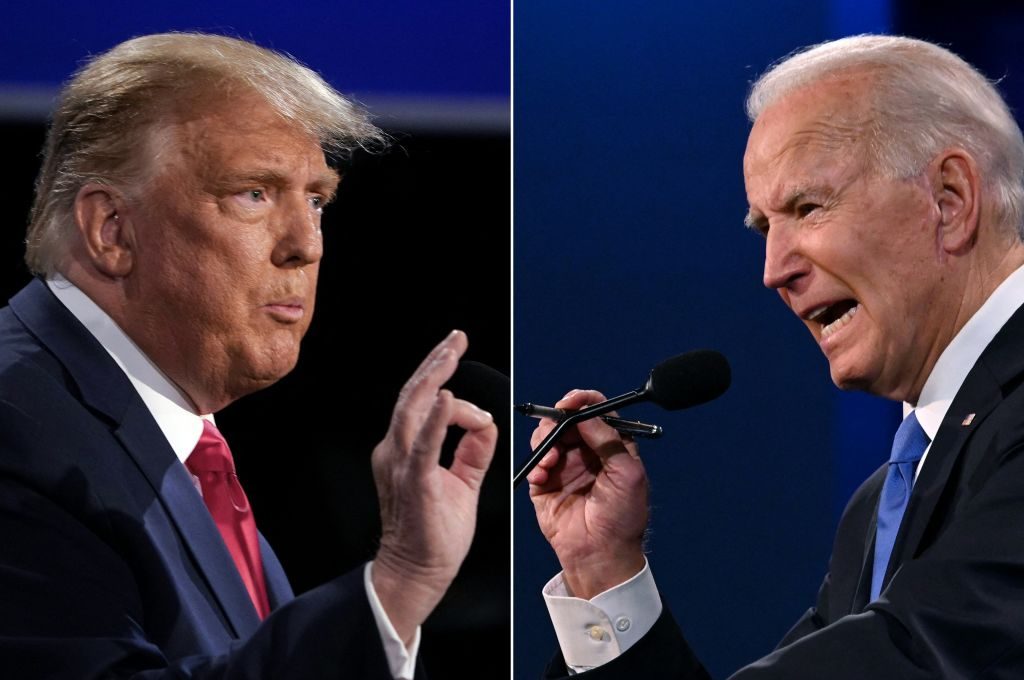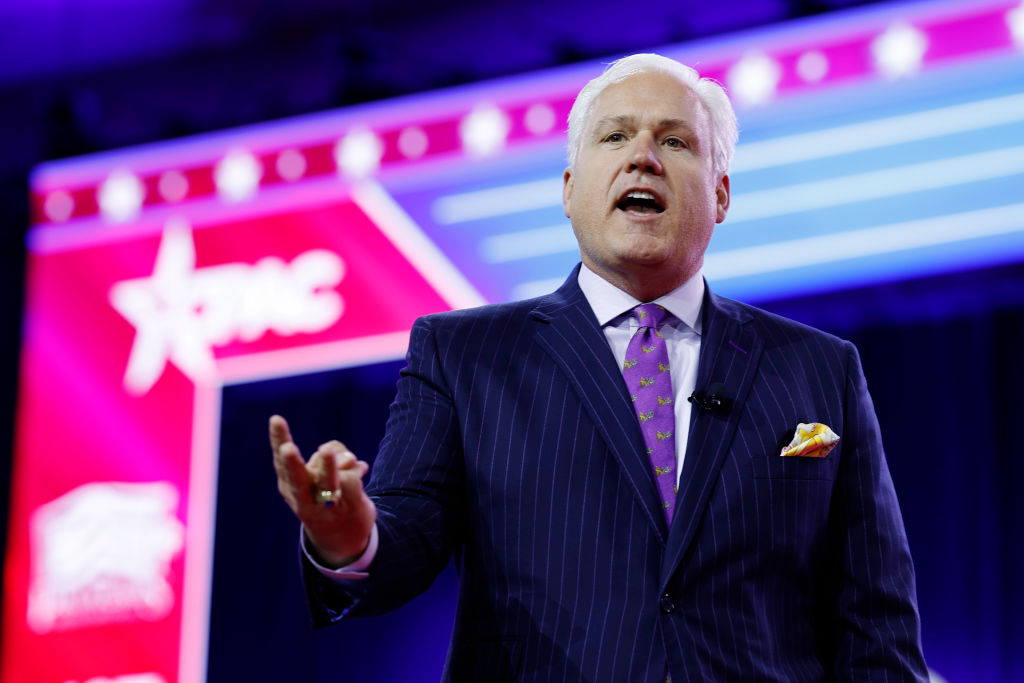The Department of Veterans Affairs came close to banning the iconic photo of a sailor kissing a dental nurse following America’s triumph in World War Two last month. The decision was quickly reversed after a leaked memo sparked backlash from the public. But a whistleblower in the department tells The Spectator there’s much more to the story: the VA’s rash decision to remove the photo followed years of accusations of predation and harassment against supervisors in the department’s diversity office.
“The very appearance of sexual harassment or something that even looks inappropriate, now, it’s like, ‘OK, let’s get rid of it,’ the whistleblower told The Spectator. “And I think we’re walking on eggshells here, because of what happened to all these senior level officials. So I think they’re just making decisions in fear.”
In February, an assistant secretary at the VA, RimaAnn Nelson, issued a memo demanding immediate removal of the photo, claiming that it was “inconsistent with the VA’s no-tolerance policy toward sexual harassment and assault.” Secretary Denis McDonough, however, quickly backtracked and said the photo won’t be banned.
Many of the problems leading to the anti-World War Two victory photo memo stem from sexual harassment within the department’s Office of Resolution Management, Diversity & Inclusion, or ORMDI) the agency which says it has a “have a zero-tolerance policy for workplace harassment [and that it] is committed to building an organization free of harassment in all forms.” Yet the agency itself cops to maintaining a “hostile, toxic work environment with a permissive culture of rampant gossiping and innuendo,” according to an internal agency review first published by the Daily Wire.
ORMDI, the whistleblower told The Spectator, was a good place to be as a predator or a harasser. “They were allowed to run rampant,” she asserted.
The fallout from this scandal, which Congress has spent months investigating, purportedly explains the department’s rushed decision to ban the kissing photo from World War Two. It was done in the name of combatting — or perhaps distracting from — the agency’s own problem with sexual harassment.
Over the past few years, there seemed to be no shortage of credible allegations against department officials at ORMDI.
“I wanna make you lose your mind,” the department’s former chief of staff, Archie Davis, reportedly messaged a subordinate. “When I’m thumping your clit with my tongue and you grab my head, I’ll keep it right there til you shiver and quiver and beg me to pound you.”
On a separate occasion, Davis texted the same subordinate pornography at 4:43 in the morning, along with a message: “I hope you like it early in the morning. Often I imagine how good it will be to roll over on top of you and start the day by filling you up.”
As his employee resisted his missives, he grew retaliatory: “Any further attempts to extend your official travel at this conference beyond August 10, 2023 will be viewed as further insubordination and will be dealt with as such,” he wrote.
Davis’s employee, who is separate from the whistleblower interviewed by The Spectator, eventually reached out directly to Secretary McDonough, but “felt like it wasn’t going to go nowhere.”
Davis, she said, “used his profanity as if he was a colonel still in the army, he pushed people around as if he was still that colonel still in the army,” she said. On yet another occasion, Davis, whom she described as an “avid hunter,” killed a deer, skinned it, gutted it, hung it upside down, and sent the picture of its guts in a bucket to her employee. Davis sent a caption along the lines of “this is what I do to prevent going postal.”
The Wire also reported how “at one point, a senior manager fired a mid-level manager because both men wanted to sexually harass the same employee. When a complaint was filed, a political appointee sat on it, apparently partly for racial reasons.”
ORMDI’s employees were often hamstrung by the sexual harassment reporting structure, which did not allow victims to take complaints outside of the department.
“ORMDI employees could not use the harassment prevention program to report allegations of sexual harassment or harassment,” the whistleblower said. “And, if we eventually learned later that there was a process that we could go to, during a time when we had this aggressive behavior, bullying and senior managers propositioning subordinate employees, that information… was not made available to us at all.”
The whistleblower went to the department’s Office of Accountability and Whistleblower Protection to report the department’s shortcomings — and they sent her back to ORMDI. “There were no procedures in place for us to contact someone to report sexual harassment by a senior leader within ORMDI.” The policy in place, she noted, “was a big circle.”
In the years since, she went to the Government Accountability Office, the department’s Office of Inspector General and ultimately, to Congress, because reporting internally was a non-option. “When we raised these issues of what was going on, of what should be happening in ORMDI, I didn’t get much support from anyone in leadership,” she said. “Because of the culture within ORMDI, because of the bullying and the threats and the aggressive retaliation, it was just virtually impossible to even keep your head above water, let alone share something with management, ‘hey, here’s a deficiency, we don’t have a policy to report sexual harassment.’”
The problems are by design, she claimed to The Spectator. ORMDI is the only department at the VA that has been exempt from the department’s sexual harassment reporting policies — a decision she described as “absolutely” intentional. “It limits us so technically the [sexual harassment] policy would not apply to us,” she said.
“The VA basically has failed us,” she said. “We’re so exposed.”
As ORMDI’s problems continued, she reached out to Congress — first in September 2022, to Democratic congressman Chris Pappas’s office, as he was on the House Veterans Affairs’ Committee. Pappas’s staff got back to her immediately, but the relationship yielded no results. A year later, she contacted the office of Democratic congressman Mark Takano, the ranking member of HVAC. Takano’s office told her they would have a lawyer reach out, but heard nothing but “crickets.”
She did eventually have a recorded interview session with members of both parties, but felt the process was becoming “political.”
“I actually thought that the Democratic Party or that side was actually trying to find holes in my report, and I was done. I refuse to meet with them. I refuse to have a second interview. They wanted to have a second interview, and I just declined. I just declined.” She went on to suggest that they wanted to protect the Biden administration from any embarrassing scandals.
Thus far, there has been virtually no real accountability for the conduct plaguing the diversity office, aside from the half-cocked attempt to ban the World War Two kissing sailor photo.
Secretary McDonough admitted to the House Veterans Affairs Committee during a February hearing that he “failed” to properly investigate whistleblower complaints about sexual harassment at ORMDI, but has shown no signs of intending to leave his post. The assistant secretary responsible for human resources, Gina Grosso, left the VA almost immediately after Congress first raised these problems; McDonough claims her exit had nothing to do with the harassment scandal.
Republican congresswoman Mariannette Miller-Meeks, who spent twenty-four years in the military, lamented that “that no one in the federal government is ever held accountable,” and described the conduct within ORMDI as “deplorable.”
Takano, meanwhile, attacked Republicans for “being intentionally reckless and cavalier with the truth or willfully blind as they continue to push their narrative of widespread misconduct in ORMDI.” The month prior, he was the only member of either party on the committee to vote against subpoenaing thousands of documents related to the case.
The whistleblower’s superior received the same punishment that Davis did: proposed removal. “In order to hold someone accountable, not only Archie received disciplinary action, but my manager received disciplinary action. So she received the same disciplinary action as the harassers,” she noted.
That whistleblower further detailed how she was subjected to a sexual harassment complaint following her internal alarm-sounding — and said that while the agency’s investigation into her was found to be unsubstantiated, in an ironic twist, it was further outsourced to the United States Postal Service.
She further remarked about how quickly the investigation into her was opened, in contrast with years of delay when it came to the investigation into Davis, which has been repeatedly substantiated. However, the process has been the punishment for her anyway — and it makes her question whether blowing the whistle was even worth it.
“That is why employees do not want to come forward, because of the retaliatory actions of managers,” she said. “I thought about it: if I knew then what I know now, I don’t know if I would have come forward, I don’t know, but I knew I had to because my employees were in danger… Coming forward is just not worth it, it’s not, when you’re trying to do the right thing.”
The whistleblower has a simple message at the end of the day about her concerns. “We’re not the enemy. We did try to go through our proper chain of command, but we just weren’t being heard.”


























Leave a Reply